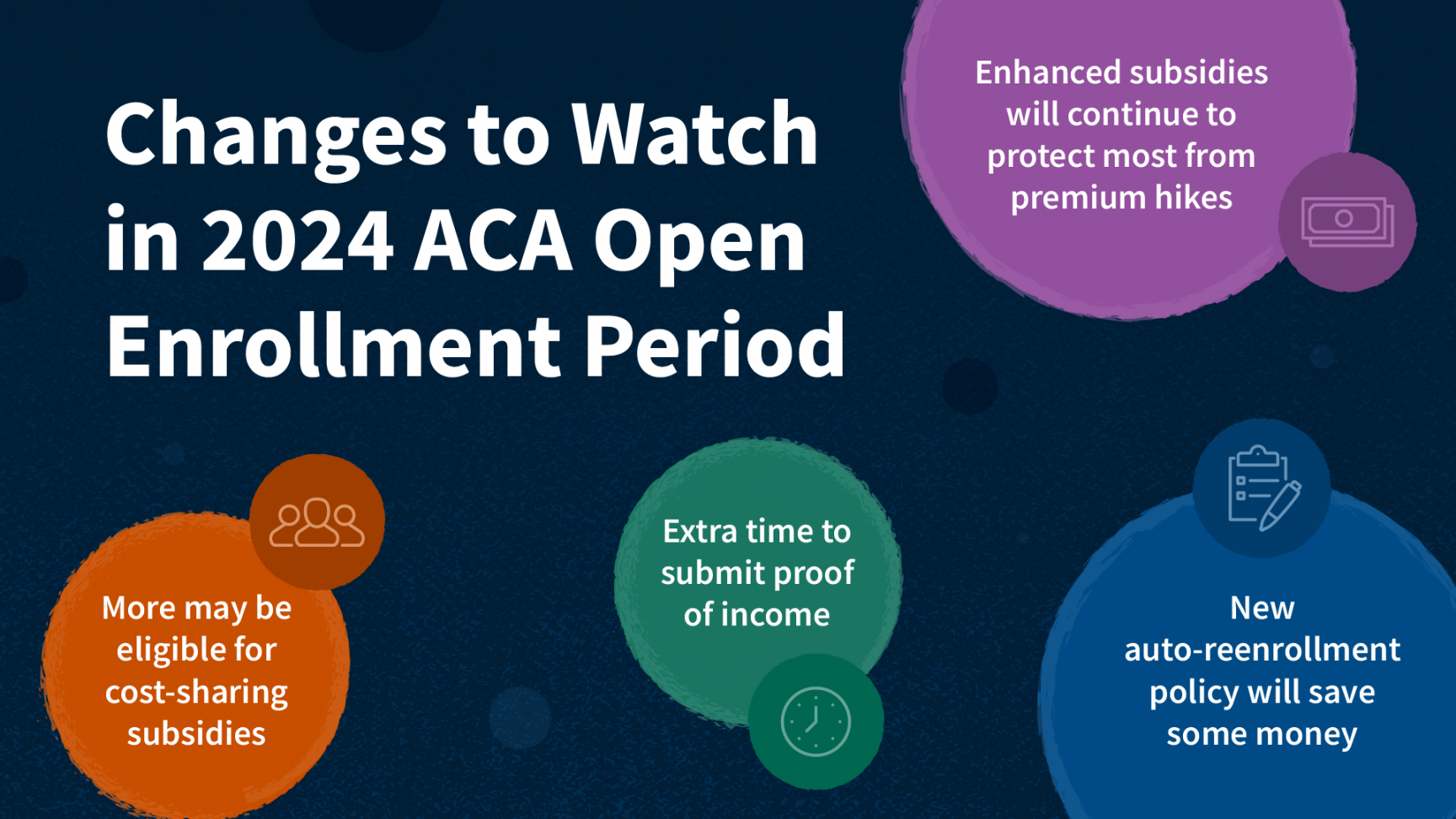On the heels of abortion rights victories in the US, will Floridians get to vote on the issue in 2024?
Abortion access won big in Tuesday’s election in Ohio — and now the spotlight may be on whether Floridians will have the same opportunity to choose if they want to protect abortion rights in their state constitution.

On Friday, Floridians Protecting Freedom will push back against Florida Attorney General Ashley Moody’s efforts to keep a constitutional amendment protecting abortion rights off the ballot in Florida in November 2024. Floridians Protecting Freedom, a group promoting a citizen-led ballot initiative, will file a brief Friday with the Florida Supreme Court arguing why Florida voters will easily understand the language proposed to allow abortion access to be protected in the state constitution. Several other organizations also will file briefs in support.
“We feel strongly about our language being constitutionally sound,” said Lauren Brenzel, campaign director for Floridians Protecting Freedom, the committee working to put abortion access on Florida’s ballot in 2024.

She believes protection for abortion access will win in Florida if voters get the opportunity to decide. Ohio voters approved a constitutional amendment on Tuesday that ensures access to abortion and other forms of reproductive health care.
“Ohioans just demonstrated that they don’t support politicians interfering in their private medical decisions, and Floridians are even more bold in their opposition to government interference in our private lives,” Brenzel said. “This is not a partisan issue. Floridians view it as a healthcare issue.”

Floridians Protecting Freedom collected enough verified signatures from Floridians to trigger a Supreme Court review in August of their cautiously worded proposed amendment stating “no law shall prohibit, penalize, delay, or restrict abortion before viability or when necessary to protect the patient’s health, as determined by the patient’s healthcare provider.”
The Supreme Court reviews proposed ballot initiatives to determine if the wording is clear and can reject those that don’t meet legal standards.

Florida Attorney General Ashley Moody has urged the court to reject the proposed amendment from Floridians Protecting Freedom. She filed a lengthy brief arguing that the use of the term “viability” would be confusing to Florida voters and could be interpreted multiple ways. The next step is both sides will argue their positions before the conservative Florida Supreme Court, which has until April to rule on the matter. Arguments have not yet been scheduled.
Earlier this week, Moody’s team presented to the Florida Supreme Court their argument on another ballot proposal, saying a proposed amendment allowing marijuana use for people 21 and older would be misleading to voters. But the justices seemed skeptical of the argument that voters would be misled because the proposal says marijuana would be legal in Florida, when it is illegal federally.
It is difficult to predict if the Supreme Court’s review of the proposed abortion amendment would face the same skepticism.
Florida currently has a 15-week abortion ban that went into effect in July 2022, and could face a six-week ban depending on the outcome of a pending Florida Supreme Court ruling.
The justices already are deliberating on arguments by reproductive rights organizations that the state’s 15-week abortion ban violates a right to privacy guaranteed under the state constitution. If the conservative Supreme Court rules that the ban does not interfere with privacy rights, a six-week ban approved this spring would go into effect 90 days later.
Tuesday’s election showed abortion rights is an issue resonating with voters. Ohio became the seventh state since the U.S. Supreme Court overturned Roe v. Wade where abortion-related questions were on the ballot and voters chose to uphold access.
Building on the momentum from Ohio, dozens of Florida reproductive rights organizations set a strategy Wednesday night for an all-out push to get petitions signed. Regardless of how the Florida Supreme Court rules on the wording, the campaign must have 891,523 verified signatures by Feb. 1, 2024, to get the proposed amendment on the November 2024 ballot. Brenzel said the campaign has more than 489,000 verified signatures so far. “We are about 55% of the way there,” she said.
“What Ohio is showing us is that abortion rights win,” said Amber Gavin, vice president of advocacy and operations at A Women’s Choice Clinic in Jacksonville. “People do not want government interference in their personal healthcare decisions, especially when it comes to abortion. There is great support for the Florida ballot initiative. People are showing up, signing petitions and getting their neighbors and friends to sign petitions.”
Gavin says what Florida voters decide will have an greater impact than many realize because nearby states have stricter abortion bans.
“Florida is a crucial access point for abortion access for the entire South,” she said. “It would be devastating for the entire region not to be able to provide the care we can and should be able to provide.”


